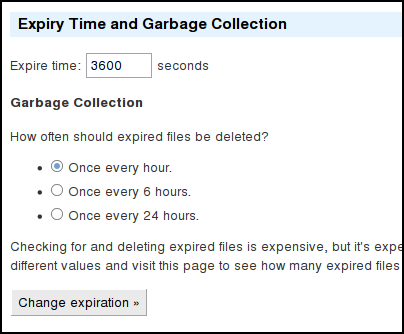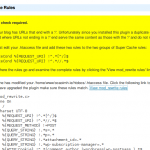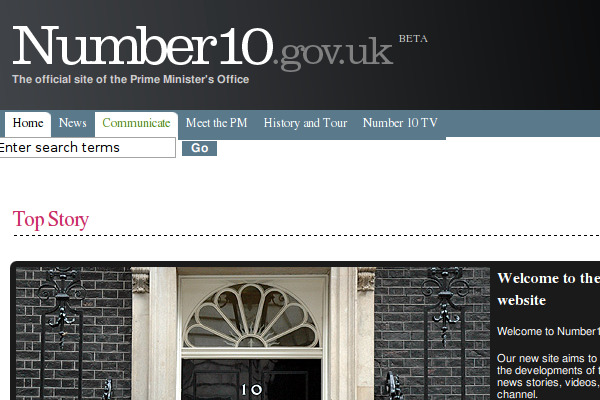Yesterday morning was one of those mornings. I couldn’t sleep, but not for want of trying. Around 5am our 17 month old baby wasn’t too keen on the whole notion of shut-eye. Instead I took him downstairs to feed him, and do a little surfing and hacking to pass the time until the sun rose.
Lucky for you that I did.
I discovered that WP Super Cache was compressing the page output twice! That’s right, it’s my own fault, but for over a year that little bug has gone unnoticed. I won’t bore you with details, but it’s fixed now and if you compare wp-cache-phase2.php from the latest release with that in the development version you’ll spot the differences.
In testing, I noticed that pages were generated more quickly. Sometimes twice as fast as before if everything else had been cached by the object cache. I even posted a message to the support forum asking people to try it out but the silence is deafening which is why I’m turning to the power of the blog post.
If you’d like to give this bit of code a go, grab the development version of WP Super Cache, test it, and leave a comment here. Before you install it, grab a few pages while not logged in and record the page generation time, then after install, check out the same pages. I’d love to hear if it improves things.
You could also try setting “$cache_rebuild_files” to 1 in wp-cache-config.php. That will enable some experimental code that moves supercache files out of the way when the page becomes stale but then restores them while the page is being rebuilt. That should help significantly on busy sites where lots of comments are made. It’ll be switched off by default because I don’t think it will benefit most sites, and will only result in more I/O. Check out this forum thread for further info.
If you’re interested in testing the plugin in the future, you could subscribe to the wp-super-cache-dev tag, where I’ll post development updates on the plugin.





